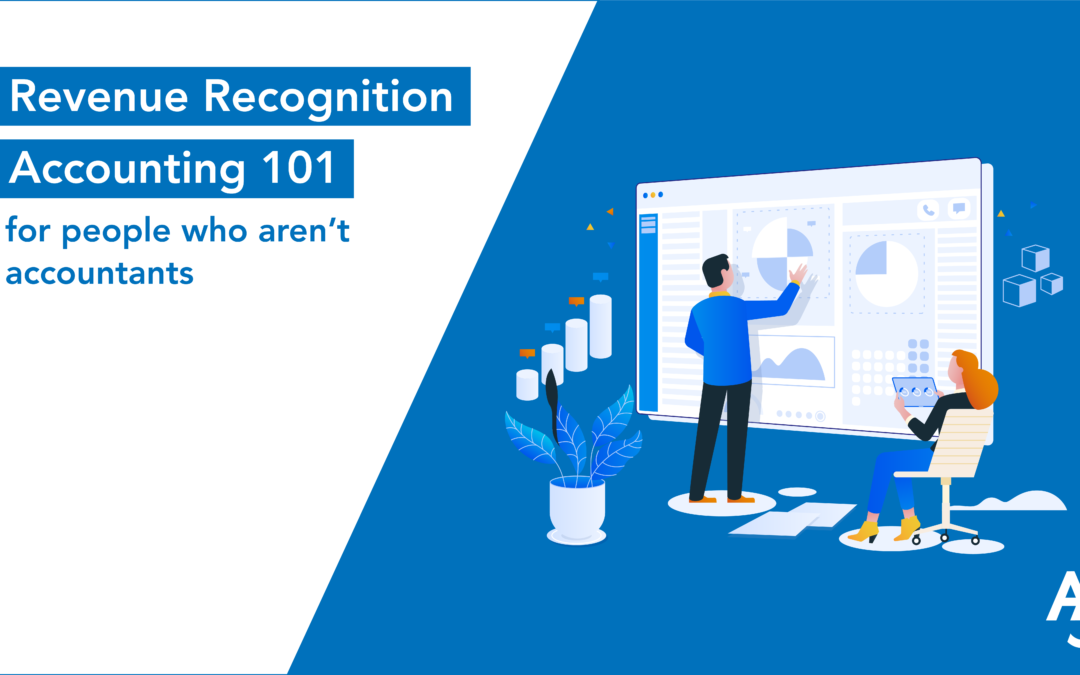
These travelers pay Airbnb at the time of booking, and this money immediately hits Airbnb’s coffers. Once they check in, it sends money to the property owners and retains a percentage for its own revenue. So Airbnb’s revenue often comes in months before it can be recognized, and the company doesn’t retain everything that initially came in. One common method to compare the book value of equity to the market value of equity is the price-to-book ratio, otherwise known as the P/B ratio. For value investors, a lower P/B ratio is frequently used to screen for undervalued potential investments.
Rather than borrowing money, traders fund their trades using their firms’ capital. How you calculate cash equity will depend on whether you are considering cash equity in trading or cash equity in real estate. Cash equity in trading is the amount of a liquid asset that can be immediately converted to cash. When considering stocks, you would multiply the share price by the number of shares, and that would be your cash equity in the position.
Step 1. Shareholders Equity Balance Sheet Assumptions
If depreciation expense is known, capital expenditure can be calculated and included as a cash outflow under cash flow from investing in the cash flow statement. As such, the balance sheet is divided into two sides (or sections). The left side of the balance sheet outlines all of a company’s assets. On the right side, the balance sheet outlines the company’s liabilities and shareholders’ equity.
- No positions are held overnight; they are closed out the same day they are taken.
- Owning stock in a company gives shareholders the potential for capital gains and dividends.
- If the corporation does not maintain a healthy ratio between the debits and credits between investments, then choosing to invest resources in the company is probably not a good idea.
- Multiple things qualify as assets, and they vary greatly with regard to liquidity.
- I think Personal Capital can be a five bagger (return 500%) over the next five years if we properly execute our strategy.
I understand it’s hard to know until you get there, but you’ve got to make some assumptions. Every startup sees a huge market opportunity, otherwise they wouldn’t launch their business in the first place. Overestimating the potential customer base is an egregious error that will severely affect the business model. I truly believe the wealth management industry is in for a big shakeup over the next 5-10 years.
Revenue
Treasury stock appears as a contra-equity balance (an offset to equity) that reflects the amount that the business has paid to repurchase stock from shareholders. Retained earnings (or accumulated deficit) is the running total of the business’s net income and losses, excluding any dividends. In the United Kingdom and other countries that use its accounting methods, equity includes various reserve accounts that are used for particular reconciliations of the balance sheet. Equity is used as capital raised by a company, which is then used to purchase assets, invest in projects, and fund operations. A firm typically can raise capital by issuing debt (in the form of a loan or via bonds) or equity (by selling stock).
- If negative, the company’s liabilities exceed its assets; if prolonged, this is considered balance sheet insolvency.
- Understanding the underlying liquidity profile of different securities is important because some securities may be more easily converted to cash than others.
- Mezzanine transactions often involve a mix of debt and equity in a subordinated loan or warrants, common stock, or preferred stock.
- Today, stock exchanges also provide fully automated and computerized screen-based trading platforms.
- Adam received his master’s in economics from The New School for Social Research and his Ph.D. from the University of Wisconsin-Madison in sociology.
We briefly go through commonly found line items under Current Assets, Long-Term Assets, Current Liabilities, Long-term Liabilities, and Equity. Shareholders’ equity is equal to a firm’s total assets minus its total liabilities. One can purchase shares and retain them for longer durations as a long term investment tool. Also, shares can be traded for shorter durations to make quick profits. Free cash flow to equity is composed of net income, capital expenditures, working capital, and debt.
If a company consistently performs well from a profitability standpoint and decides to reinvest into its current growth, the retained earnings balance will increasingly accumulate over time. If the company were to be liquidated and subsequently paid off all of its liabilities, the amount remaining for common shareholders would be worth $20mm. To calculate the book value equity cash meaning of equity of a company, the first step is to collect the required balance sheet data from the company’s latest financial reports such as its 10-K or 10-Q. Home equity is not the same as cash, even if it is able to be fairly easily converted into cash. Home equity is simply the value of your home that is not borrowed against, but the value is still tied into the home.
Investors usually seek out equity investments as it provides a greater opportunity to share in the profits and growth of a firm. All the information required to compute shareholders’ equity is available on a company’s balance sheet. Current assets are assets that can be converted to cash within a year (e.g., cash, accounts receivable, inventory). Long-term assets are assets that cannot be converted to cash or consumed within a year (e.g. investments; property, plant, and equipment; and intangibles, such as patents).
Equity Or Cash Compensation
For instance, in looking at a company, an investor might use shareholders’ equity as a benchmark for determining whether a particular purchase price is expensive. On the other hand, an investor might feel comfortable buying shares in a relatively weak business as long as the price they pay is sufficiently low relative to its equity. Return on equity (ROE) is a measure of financial performance calculated by dividing net income by shareholder equity. Because shareholder equity is equal to a company’s assets minus its debt, ROE could be considered the return on net assets. ROE is considered a measure of how effectively management uses a company’s assets to create profits.
The book value of equity is a measure of historical value, whereas the market value reflects the prices that investors are currently willing to pay. I think a cash equity is a term used by derivatives people to describe normal equities, but I’d like it confirmed too. Includes non-AP obligations that are due within one year’s time or within one operating cycle for the company (whichever is longest).
Is cash considered revenue or asset?
A company’s equity position can be found on its balance sheet, where there is an entry line for total equity on the right side of the table. One of the benefits of being financially independent is flexibility. I don’t need cash compensation to survive because I’ve got passive income and online income currently flowing in. The only people who are going to get rich making a salary are perhaps investment bankers, hedge fund managers, strategy consultants, doctors, and big lawyers. But even those guys aren’t going to crush it with their six figure salaries unless they become partners in their respective firms or practices.
Why are home equity loans gaining popularity right now? – CBS News
Why are home equity loans gaining popularity right now?.
Posted: Tue, 01 Aug 2023 14:01:12 GMT [source]
Trading in bonds includes government bonds, investment-grade corporate bonds and high yield bonds. Trading in futures includes trading of equities derivatives, bonds as well as commodities. Derivatives trading have different risk and rewards in comparison to cash equities trading. Investors in a newly established firm must contribute an initial amount of capital to it so that it can begin to transact business.
Companies may do a repurchase when management cannot deploy all of the available equity capital in ways that might deliver the best returns. Shares bought back by companies become treasury shares, and the dollar value is noted in an account called treasury stock, a contra account to the accounts of investor capital and retained earnings. Companies can reissue treasury shares back to stockholders when companies need to raise money. When the owners of a firm are shareholders, their interest is called shareholders’ equity. It is the difference between a company’s assets and liabilities, and can be negative.[3] If all shareholders are in one class, they share equally in ownership equity from all perspectives.

As I wrote in my About page, money stopped being a big driver for me a long time ago. But I’m most interested in learning new things and experiencing an interesting life. If Personal Capital becomes a runaway success, I will attempt to kick myself in the face with an inflexible right leg if I go the 100% cash compensation route.
How Shareholder Equity Works
Enter your name and email in the form below and download the free template now! You can use the Excel file to enter the numbers for any company and gain a deeper understanding of how balance sheets work. Mostly, Home Equity Line Of Credit loans tends to have a loan-to-equity value of 80%, which means the lender will give you 80% of the value of your home equity. So, assuming you have home equity of $150,000, most banks will give you a line of credit of $120,000, and you can take out any amount from the $120,000 for the next 10 years. The value of your home tends to increase over time, so the higher your home equity, the more profit you can make off the home. However, if your home costs $152,000 and you own a $52,000 mortgage with no other additional debt, then you have $100,000 in home equity.

But the market value of equity stems from the real, per-share prices paid in the market as of the most recent trading date of a company’s equity. The book value of equity is the net value of the total assets that common shareholders would be entitled to get under a liquidation scenario. The Book Value of Equity (BVE) is the amount received by the common shareholders of a company if all of its balance sheet assets were to be hypothetically liquidated. Real estate equity can also be defined in terms of property values. When a property’s value increases, that can increase the amount of equity the homeowner has, relative to what’s remaining on the mortgage loan. In both instances, Merrill Lynch must place customer trades before placing trades for Merrill Lynch firm accounts, and this policy is in place to ensure fair trade executions for clients.